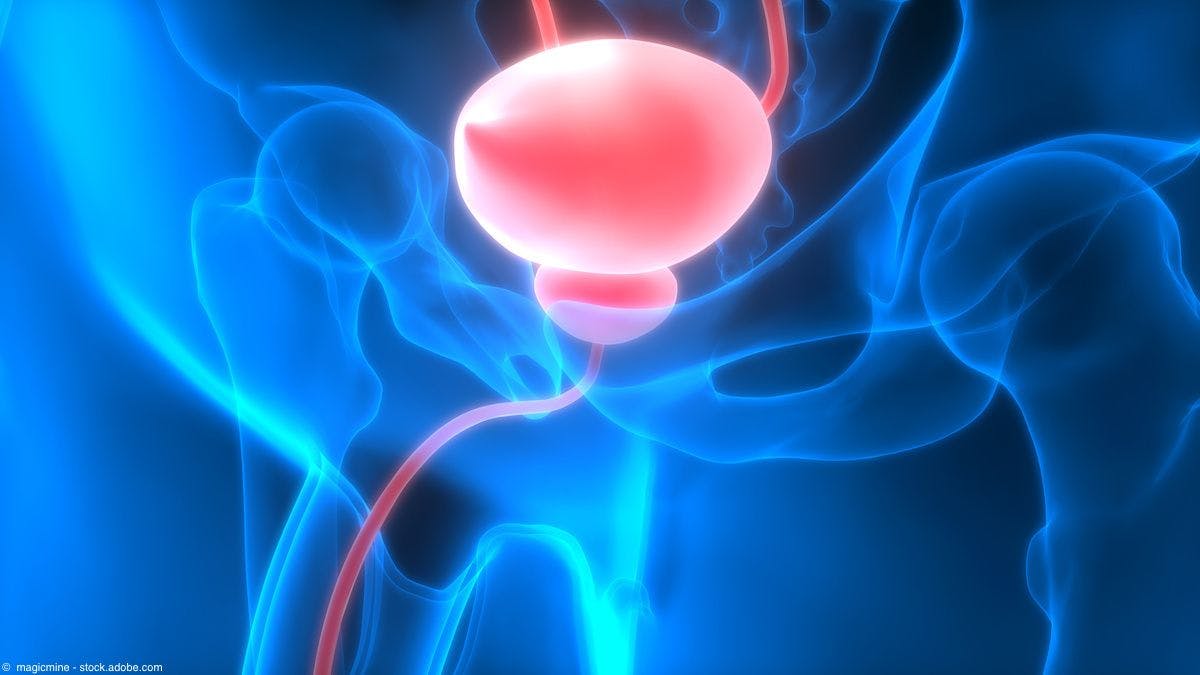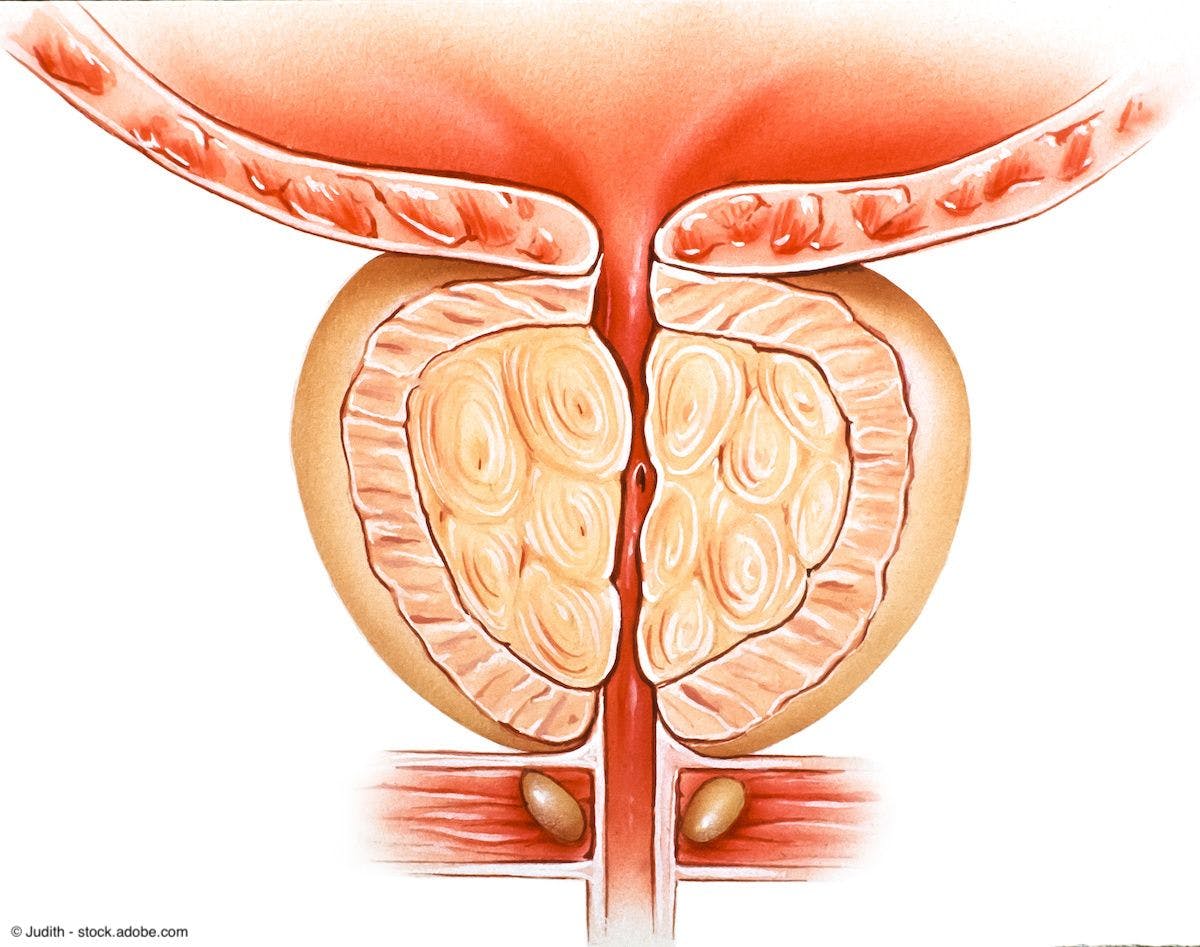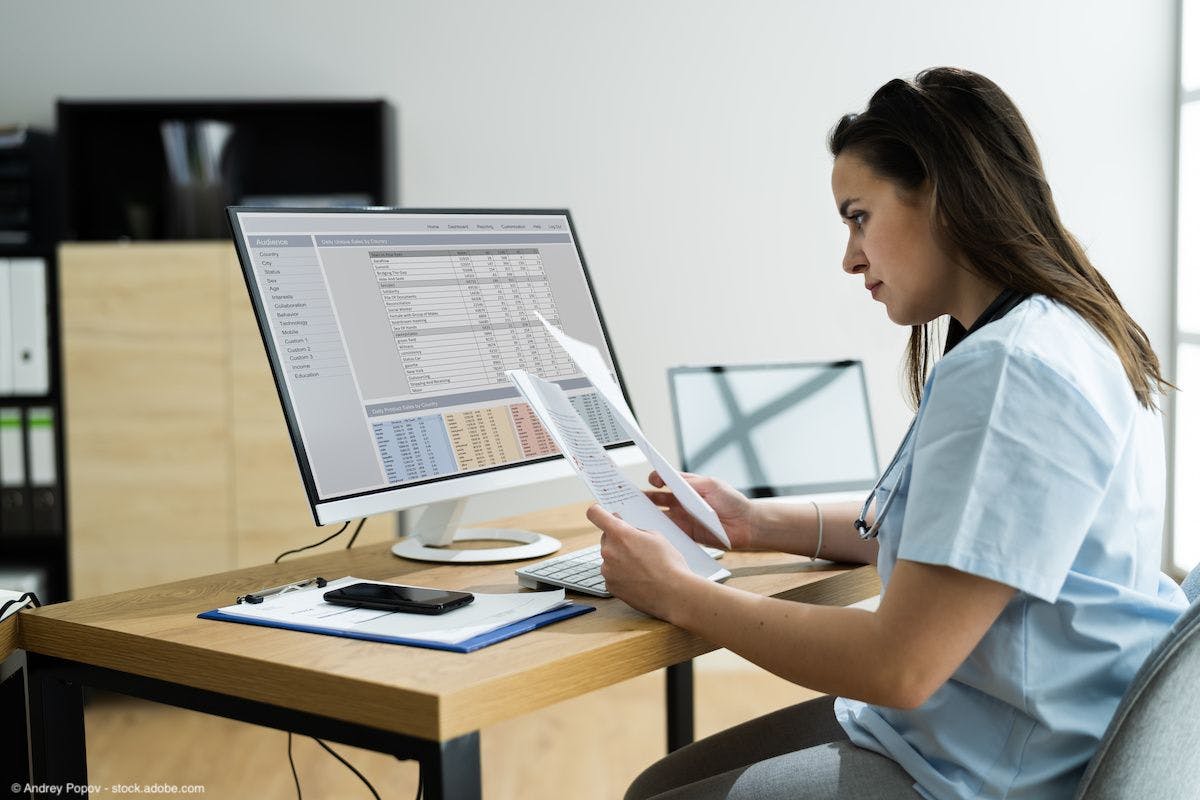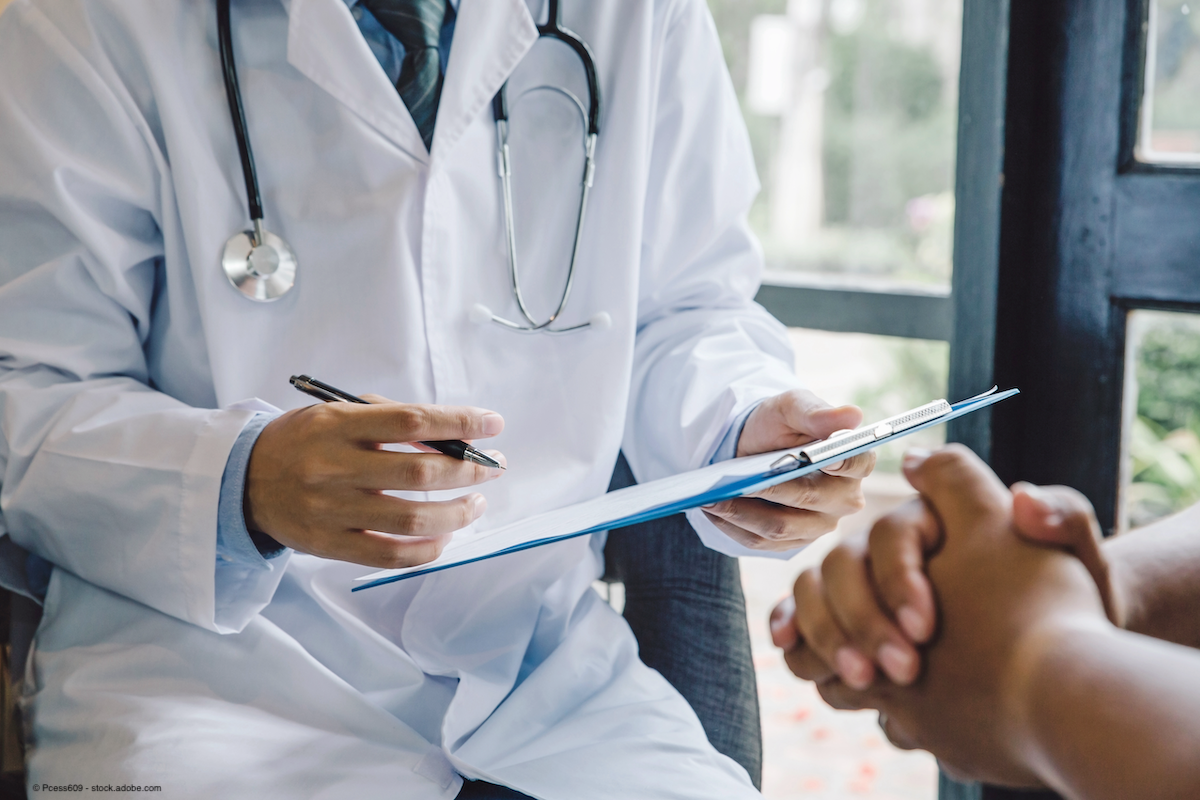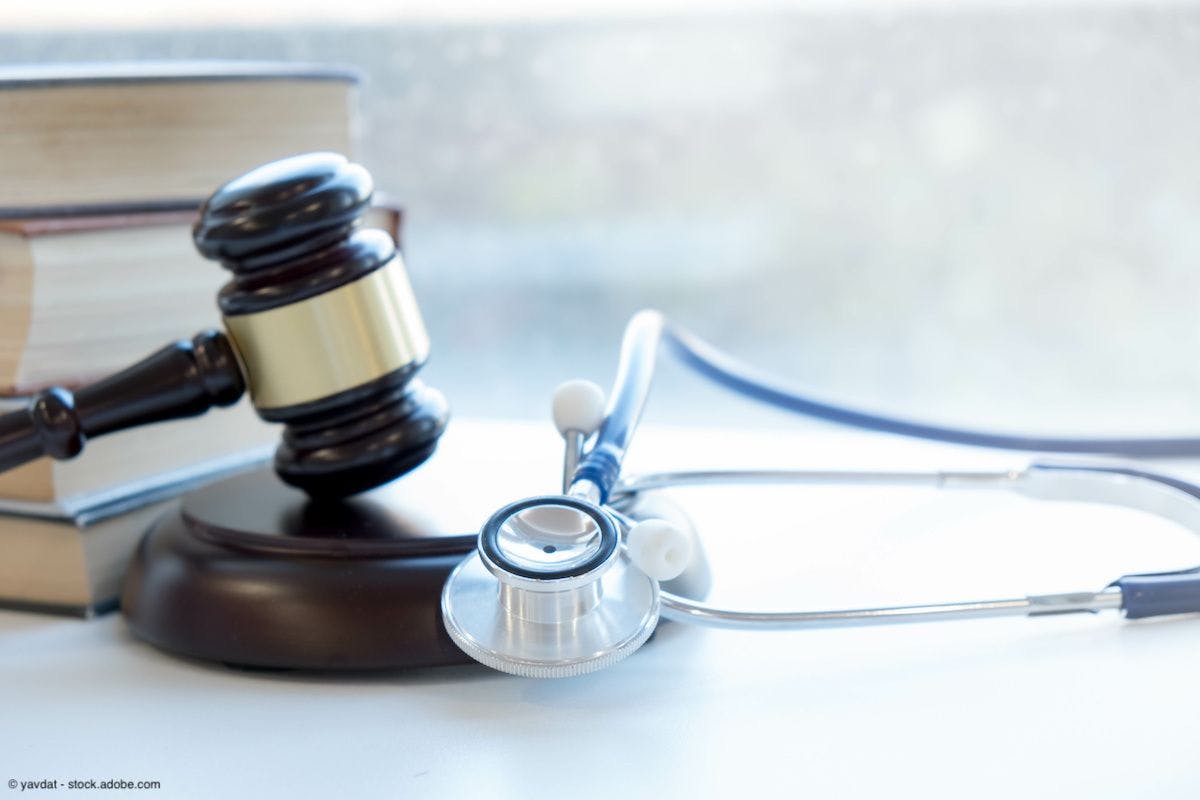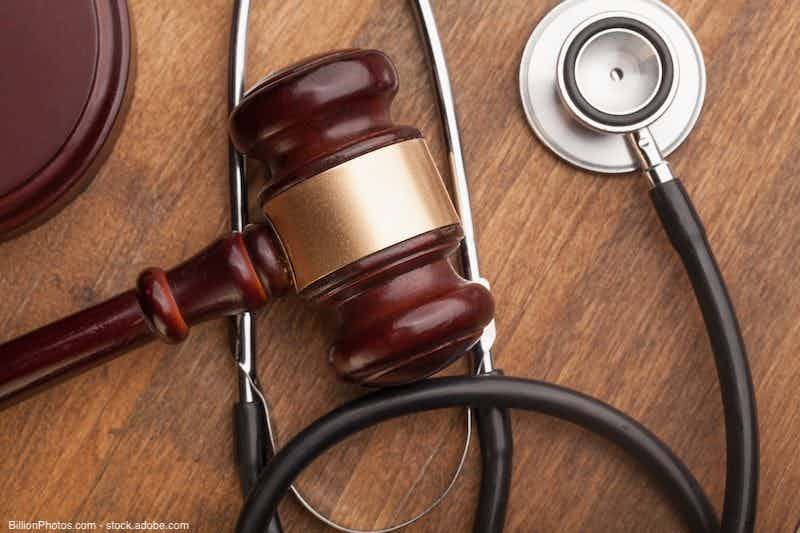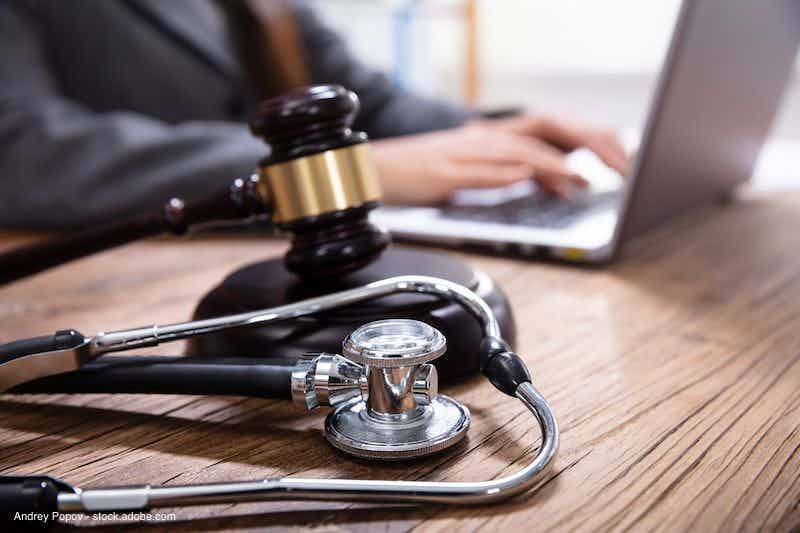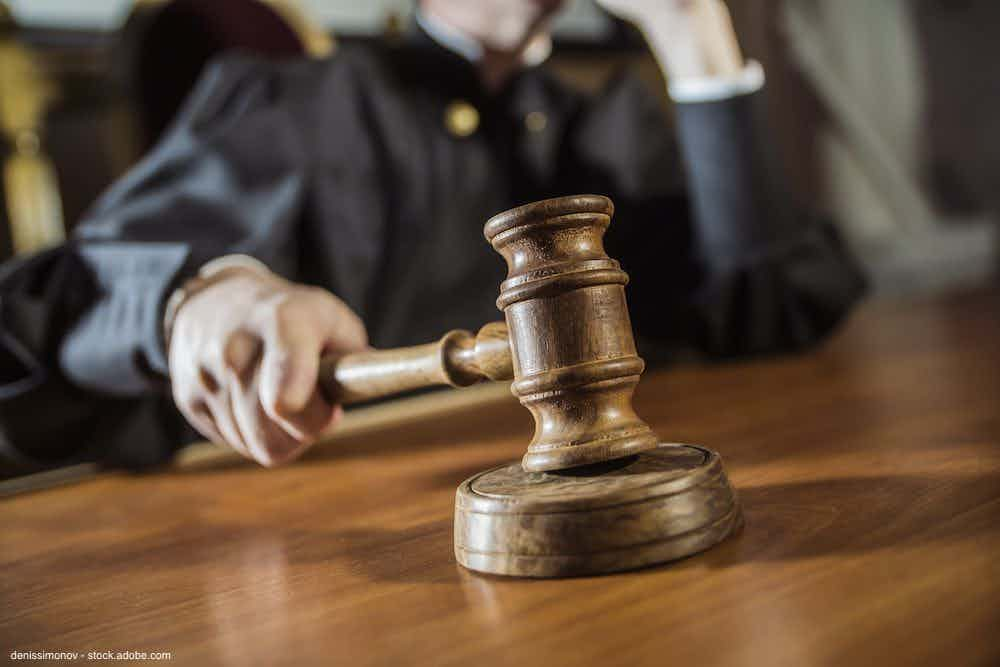Opinion
Article
Urology Times Journal
Malpractice Consult: What to know about direct examination of expert witnesses
Author(s):
"In the 21st century, expert witnesses serve a vital role in presenting evidence to a jury. A good expert will be able to distill complex information into digestible elements the jurors can understand," writes Austin Richards, Esq.
Austin Richards, Esq

This column, part of our continuing series on the anatomy of a medical negligence trial, will focus on the direct examination of expert witnesses. An expert witness is an individual with specialized knowledge, skill, education, or experience in a particular field who is asked to provide their expertise to assist the trier of fact in understanding complex technical or scientific issues. The use of experts can be traced back to ancient Babylonia. Similarly, the Romans recognized midwives, handwriting experts, and land surveyors as legal experts. These appeals to authority have been staples of dispute resolution since the first recorded dispute.
In the 21st century, expert witnesses serve a vital role in presenting evidence to a jury. A good expert will be able to distill complex information into digestible elements the jurors can understand. This is especially true in medical malpractice cases. Take a simple medical negligence case where a plaintiff alleges a doctor botched a routine surgery. Although the plaintiff and their family may be able to testify to the plaintiff’s damages (ie, the pain and suffering they are experiencing), it is unlikely a routine patient will have any knowledge of the medical procedure that was performed. The plaintiff may know the medical procedure was performed incorrectly but will not possess the medical knowledge to articulate how to a jury. That is where an expert witness comes in. In this case, the expert will establish the standard of care the medical practitioner was required to adhere to and explain how the facts of the case show that the practitioner breached that standard.
Because expert testimony is so heavily weighted in the eyes of the jury, there are certain safeguards in place by the court to ensure the credibility of a potential expert. Not just anyone can be an expert. And not every subject is a subject someone can be an expert in. The witness’ testimony must be based on reliable scientific, technical, or other specialized information. For a witness to give an expert opinion, their qualifications must be established on the record. This involves asking questions pertaining to the expert’s education, training, skills, and/or experience. And although it helps to bolster the expert’s credibility by establishing all these things, any one of them can be enough to have the witness deemed an expert by the court.
Once the witness has been accepted as an expert, the attorney will ask questions in the same manner as they do with a lay witness. Only this time, the questions do not have to be based on the expert’s personal experience, but their review of the facts. This allows the expert to opine on facts, such as how a surgery took place, even if they have no contemporaneous knowledge of the facts. If they do it correctly, the expert will leave the jurors with a simple understanding of a complex issue.
Join us next time as we discuss the cross-examination of expert witnesses.
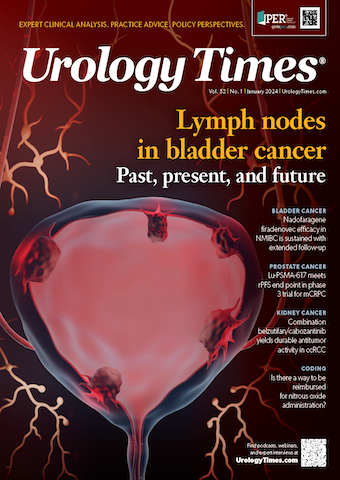
Newsletter
Stay current with the latest urology news and practice-changing insights — sign up now for the essential updates every urologist needs.


